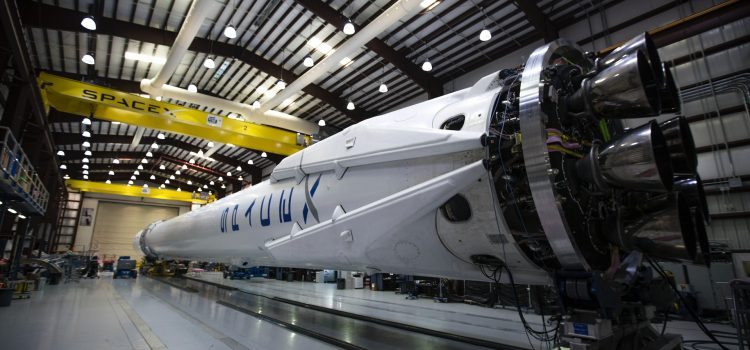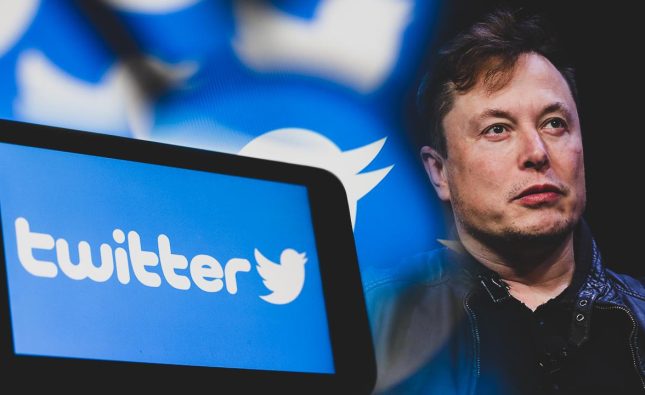
Canada’s satellite phone service is set to receive a major upgrade, as SpaceX and Rogers Communications announced a new partnership to bring satellite phone service to the country. The move is expected to shake up the Canadian telecommunications market, which has been dominated by a few major players for years.
The announcement came on March 14th, when SpaceX and Rogers announced a deal that will see the two companies work together to launch a network of low Earth orbit (LEO) satellites that will provide satellite phone service across Canada. The new network is expected to be faster and more reliable than existing satellite phone networks, and will provide coverage across the country, including in remote and rural areas where traditional cellular networks are often unreliable or nonexistent.
“This is a game changer for Canadian telecommunications,” said Joe Natale, President and CEO of Rogers Communications, in a statement. “Our partnership with SpaceX will bring world-class satellite phone service to Canadians, no matter where they are. This is an exciting time for Rogers, and for our customers.”
The new network will use SpaceX’s Starlink satellites, which are designed to provide high-speed internet access to remote areas around the world. SpaceX has launched more than 1,500 Starlink satellites to date, and plans to launch thousands more in the coming years. The company’s low Earth orbit satellites are designed to provide faster, more reliable internet access than traditional satellite networks, which are often slow and expensive.
Rogers, one of Canada’s largest telecommunications companies, will provide the ground infrastructure for the new network, including the satellite phones themselves. The company says it plans to offer a range of plans and pricing options to customers, including both pre-paid and post-paid plans.
“By partnering with SpaceX, we’re able to bring the benefits of satellite technology to Canadians in a way that’s never been done before,” said Natale. “We’re excited to be at the forefront of this new era in satellite phone service, and we’re confident that Canadians will love what we have to offer.”
The move comes as demand for satellite phone service is on the rise in Canada, particularly in remote and rural areas where traditional cellular networks are often unreliable or nonexistent. Satellite phones are also popular with outdoor enthusiasts and adventurers who need to stay connected when they’re off the grid.
However, the cost of satellite phone service has long been a barrier to adoption. Traditional satellite phone networks are often slow and expensive, with high per-minute costs and limited coverage areas. The new network from SpaceX and Rogers is expected to address these issues, offering faster speeds and more reliable service at a lower cost.
The partnership between SpaceX and Rogers is also expected to have a major impact on the Canadian telecommunications market, which has been dominated by a few major players for years. The new network is expected to provide competition to existing satellite phone providers, as well as to traditional cellular providers like Bell and Telus.
“Competition is always good for consumers,” said Natale. “We’re confident that our new satellite phone service will provide Canadians with a fast, reliable, and affordable option for staying connected, no matter where they are.”
The new network is expected to launch in 2022, with initial coverage areas in northern Canada. SpaceX and Rogers say they plan to expand coverage across the country in the coming years, with the goal of providing coverage to 100% of Canadians.
Overall, the new partnership between SpaceX and Rogers is expected to be a major boost to satellite phone service in Canada, providing faster, more reliable service at a lower cost. It’s also expected to bring much-needed competition to the Canadian telecommunications market, which has long been dominated by a few major players. As the network launches in 2022 and expands across the country in the coming years, Canadians will have more options than ever when it comes to staying connected, no










